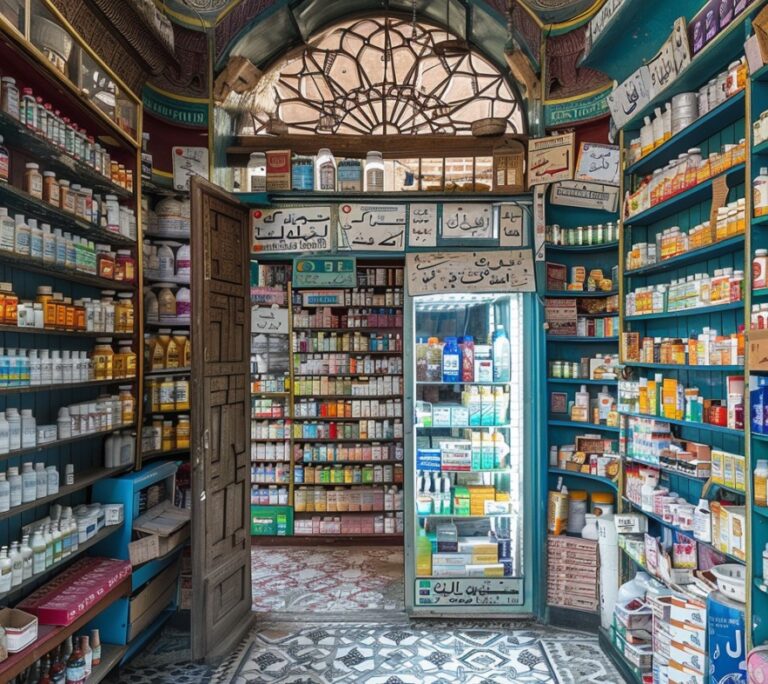What can you not bring to Morocco
When you go to Morocco, you should know the types of goods that are banned and under this import is highly regulated. If these rules are not followed, there are a number of consequences that may arise including, but not limited to, confiscation of the goods, fines, or being even arrested in case one violates them. These regulations are so far comprehensive enough to guide you on what not to carry into Morocco.
Prohibited Items
Morocco clearly stipulates items that cannot be brought into the country in any circumstances; some of which are:
Weaponry and Arms
Guns, explosives, and bullets are wholly disallowed from entering Morocco devoid of official permission.
Narcotics and Drugs
Importation of all sorts of prohibited narcotics regardless of their quantity or purpose is illegal here.
Indecent material
Books, printed papers like posters as well as other materials such as cassettes tapes, and videos that contravene morality laws in society will never be allowed.
| Prohibited Items for Import into Morocco |
|---|
| Weapons and Ammunition (Without Authorization) |
| Narcotics and Drugs |
| Obscene and Immoral Materials (Writings, Printed Documents, Recorded Cassettes, Videos) |
| Endangered Species and Wildlife Products |
| Restricted Items for Import into Morocco |
|---|
| Food and Agricultural Products (Require Veterinary or Phytosanitary Certificates) |
| Cultural Artifacts and Antiques (Require Authorization from Cultural Affairs Department) |
| Medicines and Pharmaceutical Products (Require Authorization from Health Ministry, Except for Personal Use) |
Endangered Species and Wildlife Products
Commodities derived from endangered species for instance ivory; animal skins or products obtained from protected animals ought not to be carried across borders.
Read also Medications not allowed in Marocco and USA to Morocco flight time
Restricted Items
Besides banned items, there’s also a list of restricted ones that necessitate import permits/licenses. For example:
Food & Agricultural Products
Certain foodstuffs/plants/animals might require Veterinary/Phytosanitary certificates depending upon Rwanda’s import quarantine legislation.

Cultural Artifacts & Antiques
Artifacts, antiquities, or collectibles may need a go-ahead from cultural affairs so that they can leave Morocco for other lands.
Medicines & Pharmaceuticals
Other medicines and pharmaceuticals except for personal use must have an authorization letter from the Ministry Of Health (MOH).
Customs Regulations & Procedures
All restricted/prohibited items must be declared at Moroccan customs upon entry. If not declared (or falsely) it leads to confiscation along with fines by the authorities involved.
Morocco has two customs channels to ease the vetting process:
- Green Channel: For travelers who have nothing to declare
- Red Channel: For travelers who have something to declare; more than the duty-free is allowed or even carrying restricted goods
It is important that you choose the correct channel and have your documents in order to facilitate a smooth clearance at customs.
Conclusion
Travelers can avoid trouble and legal problems by knowing what they are not allowed to bring into Morocco by getting this information from here. Before one sets off for Morocco, it is essential that he or she understands the rules better or consults with relevant authorities or local agents for current updates.
Popular questions
How many cigarettes can you bring back from Morocco
Morocco’s information research revealed that the search results indicate the fact that you can choose up to two hundred cigarettes for your personal consumption duty-free.
The second part of their search result reveals like this:
Smoking products: You may bring 200 cigarettes, 200 cigarillos, 50 cigars, or 250g of tobacco per adult.’
Therefore, in short, you are allowed to carry around with you less than 200 cigarettes from Morocco.
Morocco customs regulations
Morocco prohibits the importation of such items as; guns, ammunition, immoral material, and drugs, while there is a limit on certain foodstuff and plant products. To enter Morocco, travelers have to respect these rules by informing customs authorities about any restricted or prohibited items and producing relevant permits or certificates for particular goods.



